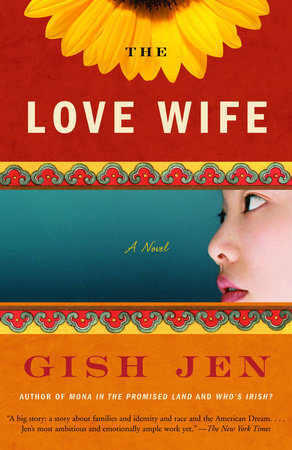Homeland Tour for Biracial Adoptees
KoreAm
2015-03-09
Katherine Kim
Dawn Tomlinson
photographs by Denis Jeong
International adoption began in South Korea in 1953, as thousands of Korean children were left parentless and/or homeless by the Korean War, while many others were born to Korean women and fathered by American GIs or soldiers from one of 16 UN countries stationed in the country. Late last year, the Me & Korea Foundation and MBC Nanum hosted the first-ever homeland tour of Korea tailored for mixed-race adoptees. The co-authors were two of the 25 participants on the 10-day-long tour, which was funded by Korean Adoption Services, the Korean Ministry of Health and Welfare and the Jesus Love Presbyterian Church in Seoul. The following is a personal reflection of the authors’ experience returning to their birth country.
As half-Korean, half-white adoptees who came to the U.S. as toddlers more than 50 years ago, we were raised in white communities by white parents having little to no understanding of our Korean roots. A Korea homeland tour tailored to mixed-race adoptees, we believed, was a start to understanding this painful chapter in our personal histories.
For adoptees as a whole, a visit to Korea is more than about just travel and tourism. It can trigger profound feelings of loss and rejection. For mixed-race adoptees born during the post-Korean War era, those feelings are further complicated by the fact that we look neither fully Korean nor fully Western, and are a minority among more than 200,000 Korean adoptees worldwide.
While Korean War orphans were cast as “nobodies,” having lost their family lineage, mixed-race children fathered by American GIs or other UN soldiers during the war were thought of as even more inferior—we were known as tuigi, slang for “devil’s child.” We were labeled the “dust of the streets,” the lowest of the low. Within that bottom hierarchy even, Korean whites were treated better than Korean blacks.
Regardless of the nationality of our fathers, most mixed-race adoptees were born stateless, as our Korean mothers, often abandoned by these servicemen, could not confer citizenship onto us.
We were, and still are, the in-betweens…
Read the entire article here.


